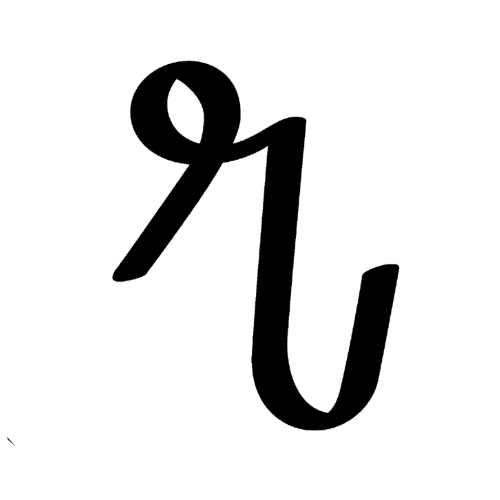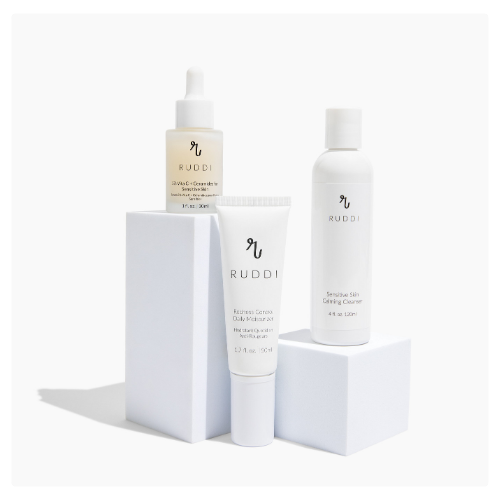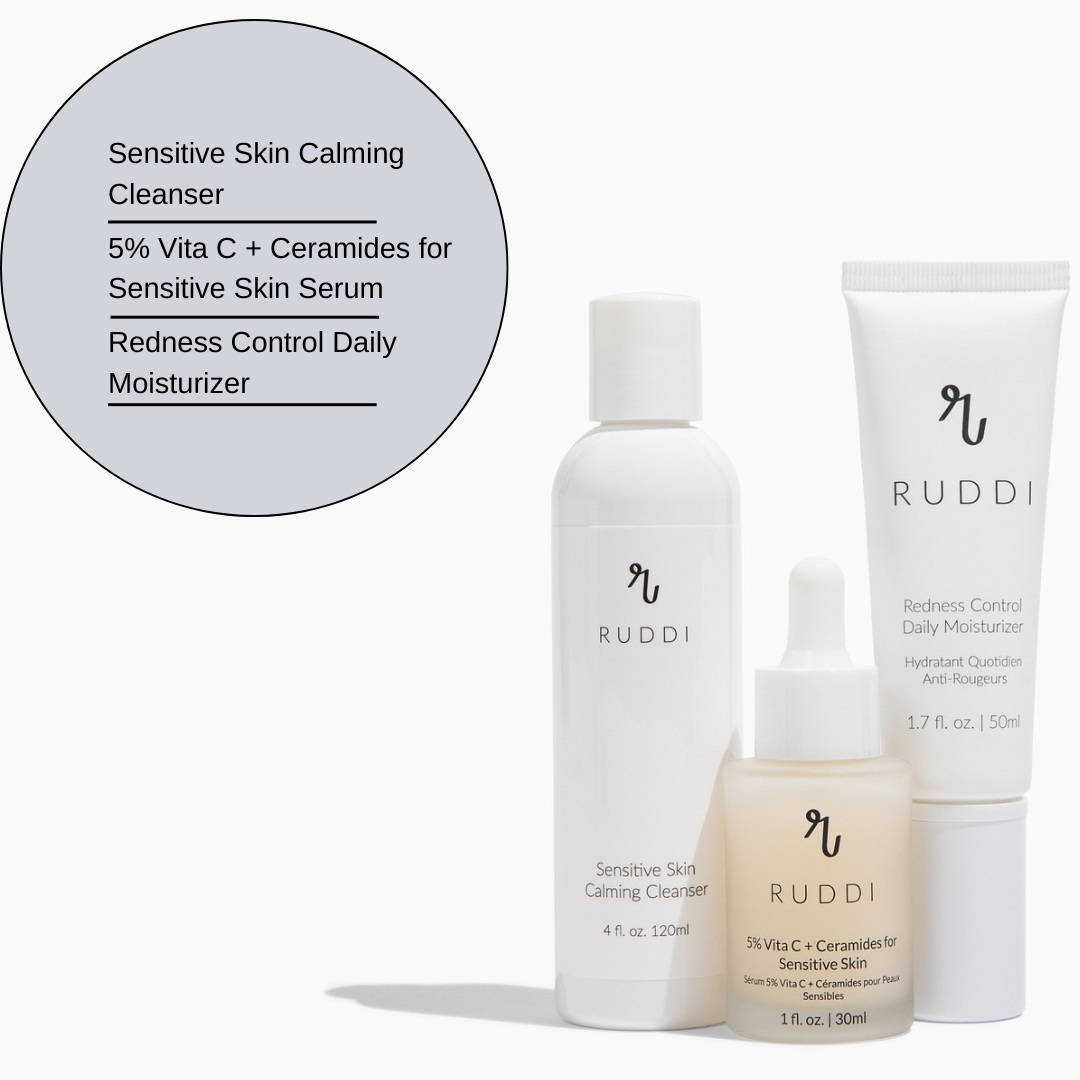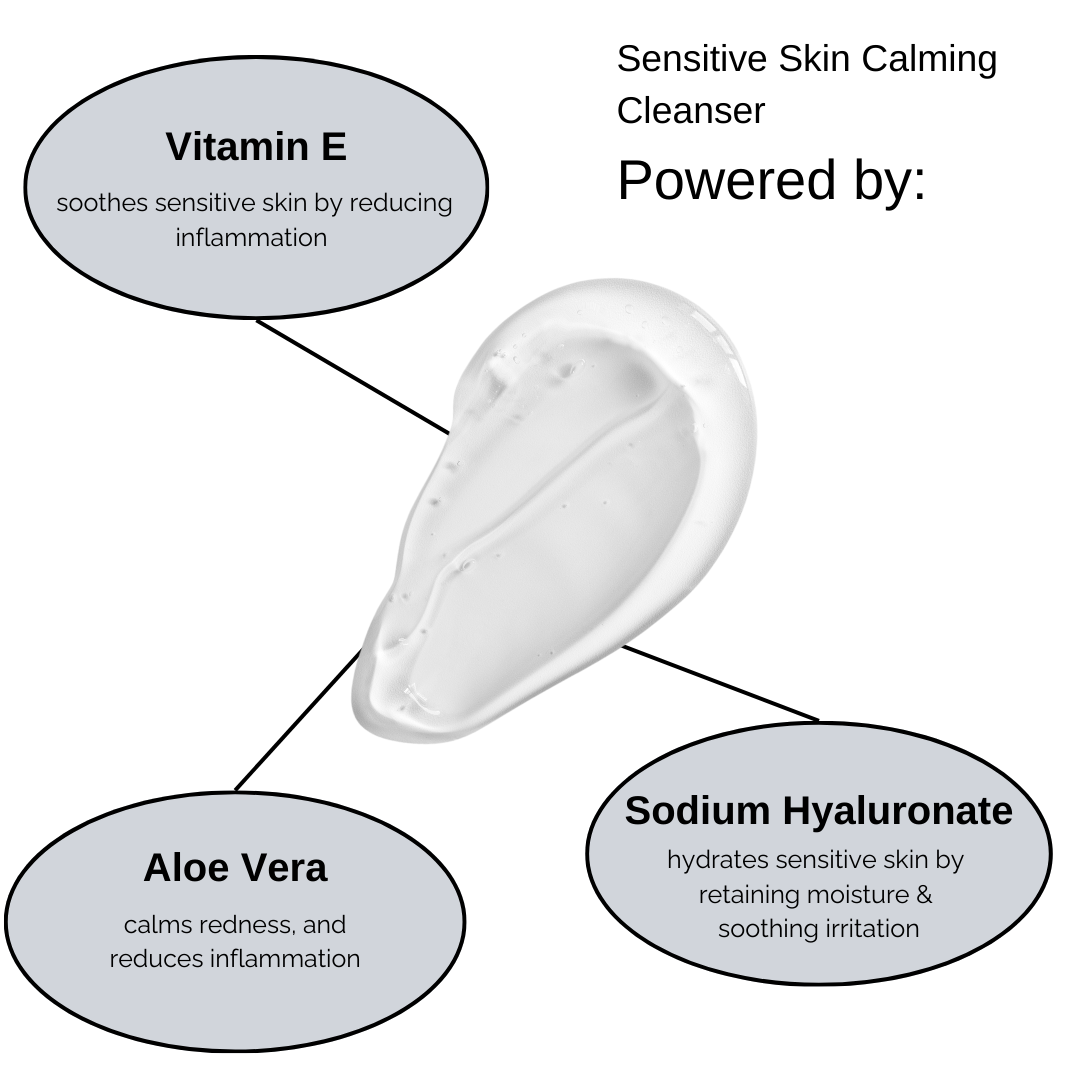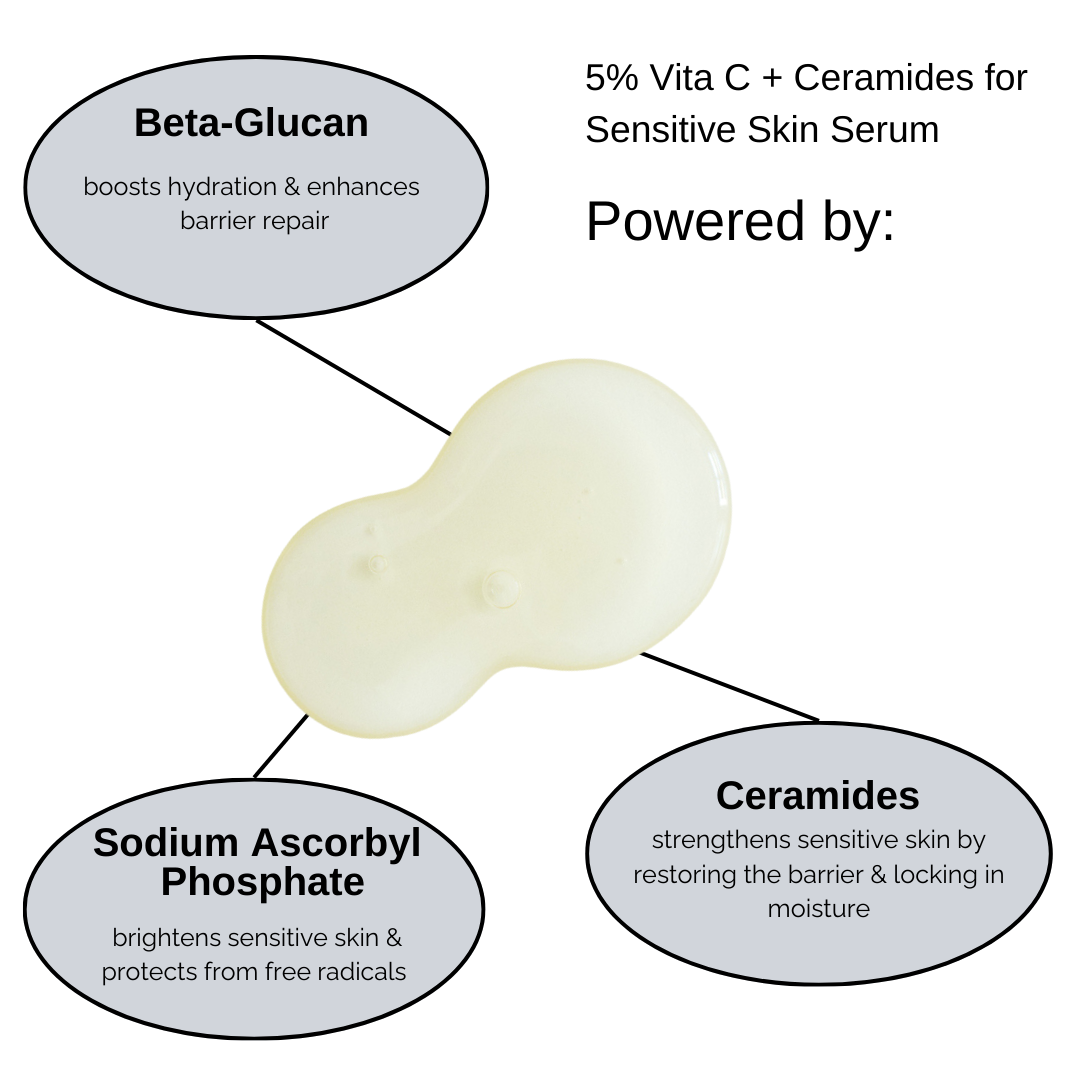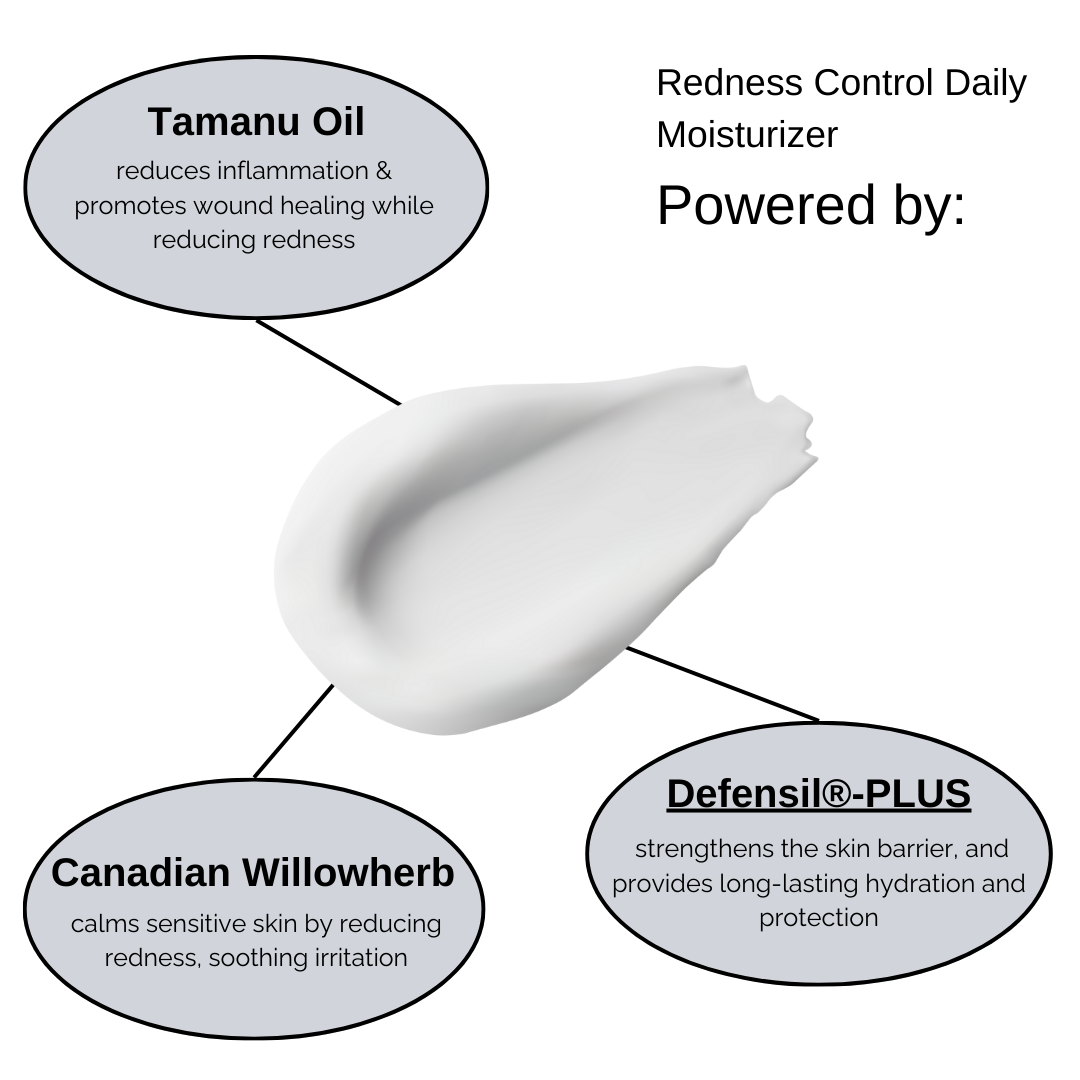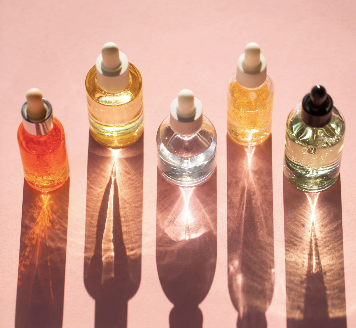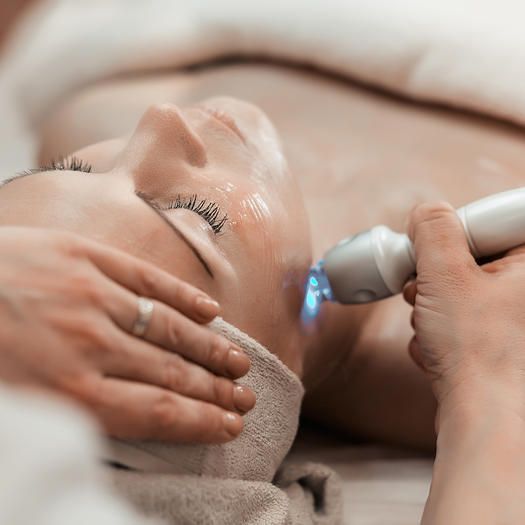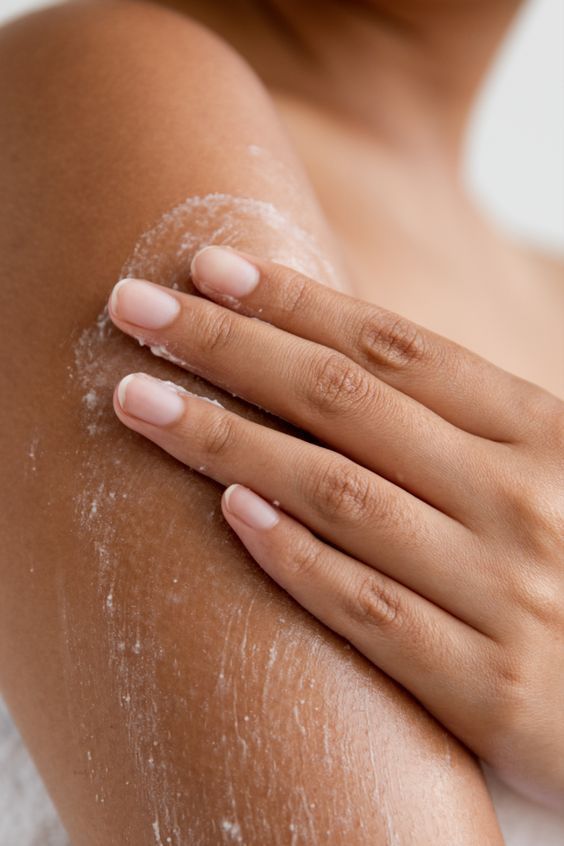
Rosacea vs Eczema: What's the Difference?
Many people often confuse eczema and rosacea, as they are both skin conditions with similar symptoms. However, it is important to understand the differences between these two common skin conditions in order to treat them properly.
Rosacea and eczema have different causes and treatments, so understanding their distinct features can be helpful in managing your skin. Let’s go through the similarities and differences between rosacea and eczema, including signs of each condition as well as potential treatments for each one.
Rosacea is an inflammatory skin condition marked by redness and visible blood vessels, as well as a tendency for the skin to become easily irritated. Common symptoms of rosacea include flushing or blushing of the face, red bumps on the cheeks or forehead, visible broken capillaries, and eye problems such as styes or dryness. Rosacea can affect people of any age, but it is most commonly seen in middle-aged women.
Eczema, on the other hand, is a skin condition that typically causes patches of red, scaly and itchy skin. Eczema usually affects infants or young children, although some adults may also experience this condition. Common symptoms of eczema include dry patches of skin, blisters and bumps that ooze or weep fluid, redness, and intense itching.
Although both rosacea and eczema can cause itchy rashes on the face, there are important differences between these two conditions. The main difference is the location of the affected area. Rosacea usually affects only the face and is characterized by redness, while eczema can affect any part of the body, including the scalp, eyelids, neck and hands. Additionally, rosacea tends to flare up in response to certain triggers such as spicy food or alcohol consumption; however, this is not typical for eczema.
In terms of treatment, both rosacea and eczema can be managed through topical creams or ointments, as well as lifestyle changes such as avoiding triggers and using gentle cleansers.
A Dermatologist may recommend oral medications for more severe cases of either condition. Ultimately, it is important to work with a healthcare professional to find the best treatment options for your skin.
For both conditions, always look for more gentle & fragrance-free skincare products to avoid drying out & causing a reaction to your skin.
Looking for a natural, fragrance-free moisturizer that helps reduce redness? Look no further than RUDDI Redness Control - made for Rosacea-prone skin. It’s gentle yet effective & won’t cause a reaction.
